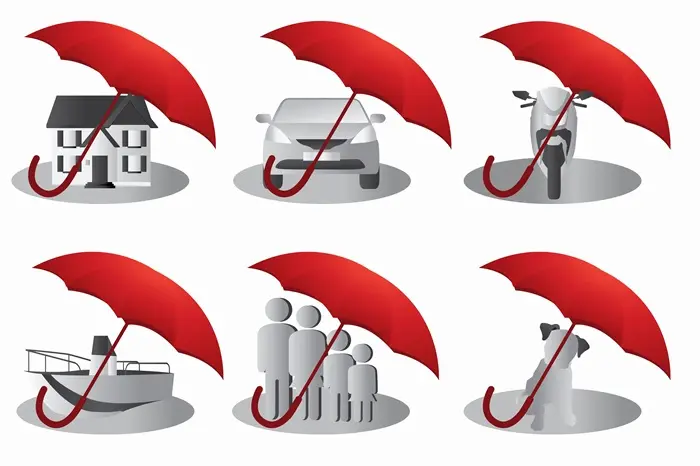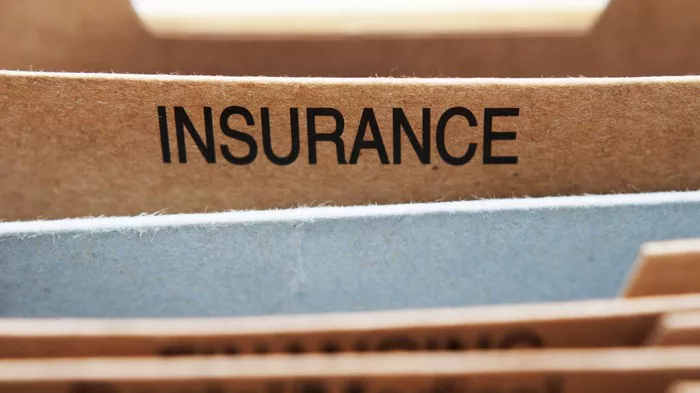Boat insurance is a specialized type of coverage designed to protect boat owners from financial losses related to their vessels. Just like car insurance, it provides security against accidents, theft, and liability claims. Many people assume their homeowner’s insurance will cover their boat, but this is often not the case, especially for larger or more expensive watercraft.
Boating comes with unique risks. Unlike cars, boats are exposed to environmental hazards such as storms, submerged objects, and marine life. They also operate in a legal environment where maritime laws may apply. Without proper insurance, boat owners could face significant out-of-pocket expenses in the event of an incident.
Key Risks of Operating a Boat Without Insurance
Physical Damage to Your Boat
Accidents happen, even to the most experienced boaters. Collisions with other vessels, docks, or underwater obstacles can cause costly repairs. Severe weather, such as hurricanes or sudden storms, can also damage or sink a boat. Without insurance, the owner bears the full cost of repairs or replacement.
Theft and Vandalism
Boats are valuable assets and can be targets for theft or vandalism. Unlike cars, they are often left unattended in marinas or storage facilities, making them vulnerable. Insurance can cover the loss if the boat is stolen or intentionally damaged.
Liability for Injuries or Property Damage
If your boat causes harm to others, you could be held financially responsible. This includes injuries to passengers, damage to other boats, or even environmental cleanup costs if you accidentally spill fuel. Liability coverage protects you from these potentially devastating expenses.
Legal and Regulatory Requirements
Some states and marinas require proof of insurance before allowing boat operation or docking. Even if it’s not legally mandated, marinas and lenders often insist on coverage. Failing to meet these requirements could restrict where you can use or store your boat.
What Does Boat Insurance Typically Cover?
Hull and Machinery Coverage
This is the most fundamental part of boat insurance. It covers physical damage to the boat itself, including the hull, motor, and other essential components. Policies may offer “all-risk” coverage (protecting against most perils unless excluded) or “named-peril” coverage (only covering specific risks listed in the policy).
Liability Protection
Liability insurance is crucial if you are found at fault in an accident. It covers medical expenses for injured parties, legal fees, and repair costs for damaged property. Some policies also include pollution liability, which is important in case of fuel or oil spills.
Medical Payments Coverage
This covers medical expenses for you and your passengers, regardless of who is at fault. It can help with hospital bills, ambulance fees, and other treatment costs resulting from a boating accident.
Uninsured/Underinsured Boater Coverage
If another boater causes an accident but lacks sufficient insurance, this coverage ensures you are still protected. It can help pay for repairs, medical bills, and other losses that the at-fault party cannot cover.
Personal Property and Accessories
Many policies extend coverage to personal items on the boat, such as fishing equipment, electronics, and water sports gear. However, high-value items may require additional endorsements.
Emergency Assistance and Towing
Breaking down on the water can be dangerous and expensive. Some policies include towing services, fuel delivery, and emergency repairs to get you back to shore safely.
Factors That Affect Boat Insurance Costs
Type and Size of the Boat
Larger, faster, or more expensive boats generally cost more to insure. High-performance vessels and yachts often require specialized coverage with higher premiums.
Usage and Storage
How and where you use your boat matters. Boats kept in high-risk areas (such as hurricane-prone regions) may have higher premiums. Similarly, those used year-round will cost more to insure than seasonal boats.
Boating Experience and Safety Record
Experienced boaters with clean records typically get better rates. Completing safety courses and installing navigation or anti-theft devices can also lower premiums.
Deductibles and Coverage Limits
Choosing a higher deductible can reduce your premium, but it means paying more out of pocket in a claim. Coverage limits should reflect the boat’s value and potential liability risks.
Common Misconceptions About Boat Insurance
“My Homeowner’s Insurance Covers My Boat”
While some homeowner policies include limited coverage for small boats, they often exclude larger or motorized vessels. Even when covered, the protection may be minimal compared to a dedicated boat insurance policy.
“I Only Need Insurance if I Finance My Boat”
Even if you own your boat outright, insurance is still essential. An accident or lawsuit could result in financial losses far exceeding the boat’s value.
“Boating Is Safe—I Don’t Need Coverage”
Even cautious boaters face risks beyond their control, such as sudden storms or other negligent boaters. Insurance provides peace of mind in unpredictable situations.
How to Choose the Right Boat Insurance Policy
Assess Your Needs
Consider how you use your boat, where you operate it, and what risks you face. A policy for a small fishing boat will differ from one for a luxury yacht.
Compare Multiple Quotes
Insurance costs vary by provider. Getting quotes from multiple insurers helps you find the best coverage at a competitive price.
Review Policy Exclusions
Not all policies are the same. Some exclude certain types of damage (such as wear and tear) or restrict coverage in specific regions. Read the fine print before committing.
Work with a Specialist
Standard insurers may not fully understand marine risks. A marine insurance specialist can tailor a policy to your exact needs.
Conclusion
Boat insurance is not just an optional expense—it’s a critical safeguard for anyone who owns a vessel. From protecting against physical damage and theft to covering liability claims and legal requirements, the right policy ensures you can enjoy the water without unnecessary financial risks.
Every boater’s needs are different, so it’s important to evaluate your situation and choose coverage that matches your lifestyle. By understanding the risks and available protections, you can make an informed decision that keeps you, your passengers, and your investment secure.
Whether you’re a weekend sailor or a full-time yachtsman, boat insurance provides the peace of mind you need to navigate the waters with confidence.
Related Topics:
What Is A Beneficiary In Insurance?

































